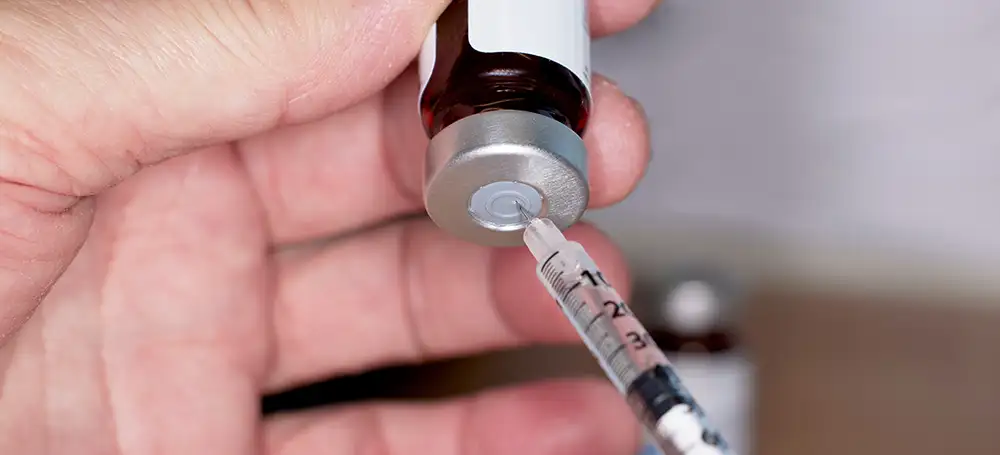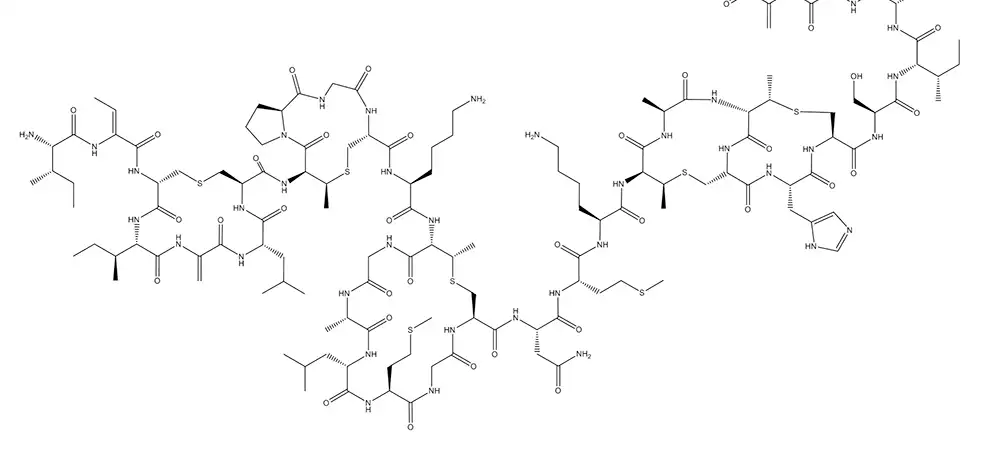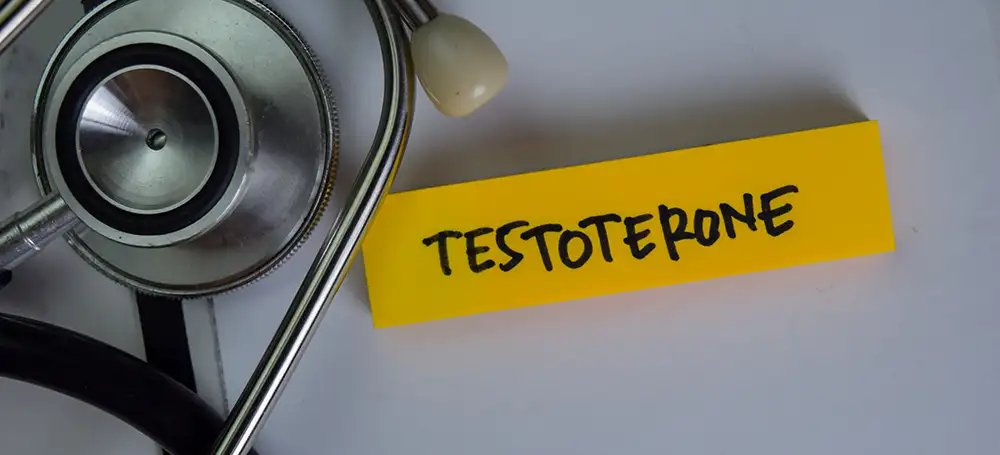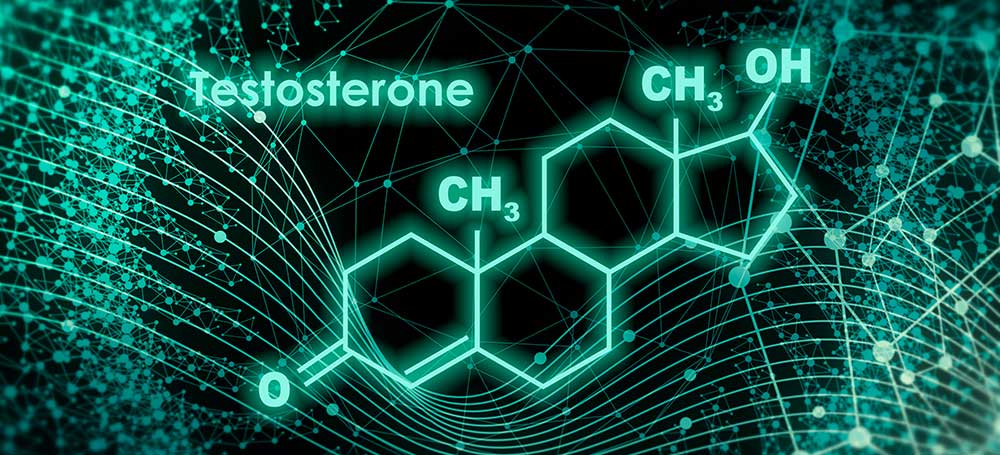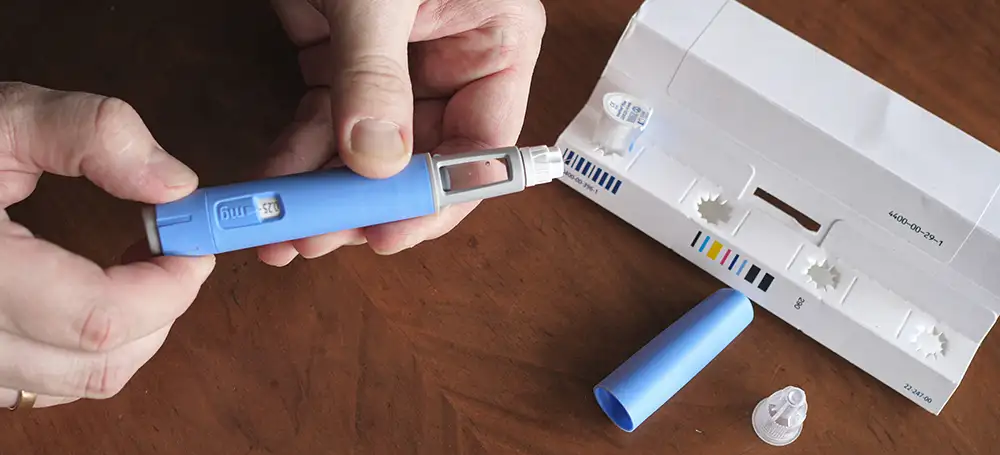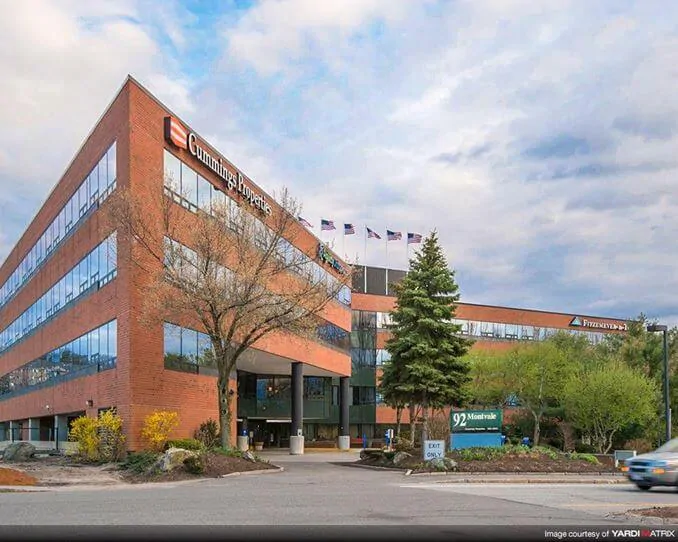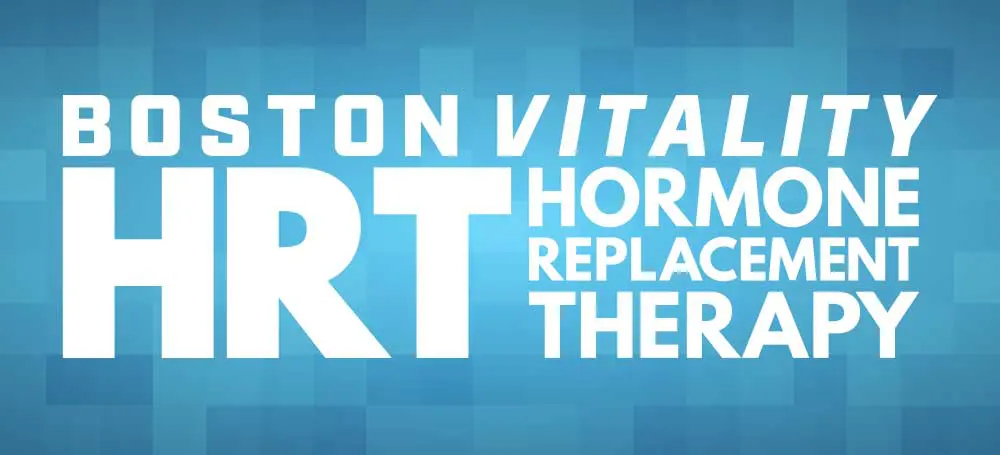As you age, there are numerous changes that begin to take place throughout your body. Some of them are physical, like a decrease in muscle mass and bone density, and others are psychological, like a depressed mood or difficulty concentrating. These effects may interfere with various aspects of your daily life and prevent you from living each day to the fullest.
A drop in testosterone is the main culprit behind many of these unwanted changes. As your levels of testosterone begin to fall, you may start observing the effects in various areas of your health and well-being. Some of the most common symptoms of low testosterone levels include a reduced sex drive, increased body fat, hair loss, lower muscle mass and a lack of energy.
Growing older doesn’t have to mean accepting your fate. With hormone replacement therapy, you can minimize the signs of aging and enjoy a healthier and more vibrant life. But is this option right for your needs? Here’s everything you should know about men’s hormone replacement therapy and how it can benefit you.
The Role of Testosterone in the Body
Testosterone, the primary male sex hormone, plays a central role in various areas of male health. Some of its most essential tasks include:
- Supporting the development of muscle mass
- Boosting sex drive
- Regulating the distribution of body fat
- Managing the production of sperm and red blood cells
- Maintaining facial and body hair
- Enhancing bone density
Because this hormone is so essential to your overall health and well-being, you may experience certain physical, mental and sexual problems if your testosterone levels are lower than normal. This is known as a testosterone deficiency. It’s crucial to be aware of the warning signs of this medical condition so that you can address it properly.
During the teenage years and through early adulthood, testosterone levels typically reach their peak. Your testosterone levels will then begin to gradually decline as you age, starting between the ages of 30 and 40.
Once you’re over the age of 50, it’s important to determine if your low hormone levels are a result of the normal aging process, or if you have an undiagnosed disease such as hypogonadism. Once you’ve identified the cause of your low testosterone, you will have a better idea of whether hormone replacement therapy is appropriate for you.
What Is Hypogonadism?
Hypogonadism is a sexual disorder in which the sex glands produce little or no testosterone. This disease falls under two categories: primary and central hypogonadism. If you have primary hypogonadism, your body lacks adequate sex hormones due to a problem in your sex glands. Common causes of primary hypogonadism include:
- Genetic disorders
- Autoimmune disorders
- Kidney or liver diseases
- Severe infections, such as mumps
- Surgical procedure on your sexual organs
- Hemochromatosis, or excessive absorption of iron radiation exposure
- Undescended testes
Central hypogonadism, on the other hand, occurs when your hypothalamus and pituitary gland fail to communicate properly. This form of miscommunication can severely inhibit testosterone production and lead to a hormone deficiency.
Potential causes of central hypogonadism are obesity, genetic or pituitary disorders, unusually rapid weight loss, brain surgery, inflammatory diseases, radiation exposure, use of steroids or opioids and nutritional deficiencies.
Hypogonadism reduces your body’s overall ability to create normal amounts of testosterone. This is often the product of an issue with your testicles or pituitary gland, which regulates the functioning of your testicles. Many of the same symptoms may occur as a result of the aging process, but they tend to be more acute in men with primary or central hypogonadism.
Hormone replacement therapy may help to improve the symptoms of low testosterone caused by hypogonadism. If you’re concerned about your levels of testosterone, be sure to talk to your doctor first to determine whether you have a medical condition that needs to be treated.
Benefits of Hormone Replacement Therapy
Undergoing hormone replacement therapy leads to significant benefits for your general health and well-being. Not only will you notice changes in your physical appearance and health, but you’ll also feel more energetic, upbeat and positive about yourself and your life. This can help promote richer relationships and a better quality of life overall.
Here are some of the key advantages of opting for male hormone replacement therapy.
- Increased Energy Levels
Testosterone and energy levels are closely connected. Men with low testosterone often struggle with persistent feelings of tiredness and fatigue. If you have a testosterone deficiency, you may feel lethargic even after sleeping for seven to eight hours. It’s also common to lose motivation to exercise when your hormone levels are lower than usual.
Low energy can make it difficult to get through the work day or do all the activities you enjoy, so don’t ignore this warning sign. With hormone replacement therapy, you can feel like your normal self again and make the most of every day.
- Enhanced Muscle Mass
One of testosterone’s primary roles is boosting strength and muscle mass. If you come across a noticeable difference in the appearance of your muscles, you likely have an underlying hormone deficiency. While some men experience changes that are hardly noticeable, others see a more obvious decline in muscle size.
Regardless of what your specific situation looks like, this is a symptom that should be addressed promptly through hormone replacement therapy. This method can help to increase your muscle mass and enhance your overall appearance as a result. If you’re looking for a much-needed confidence boost, this may just be the solution that you need.
- Prevention of Hair Loss
Testosterone fuels many important functions in the body, and hair production is one of them. Even though balding is an integral part of the aging process in healthy men, those with hormone deficiencies may see signs of premature hair loss. This is a natural response to falling levels of testosterone in your body.
Premature hair loss in men with low testosterone tends to be more severe. You may notice a loss of facial or body hair in addition to bald patches on your head. Before you go in for hormone replacement therapy, however, it’s a good idea to see your doctor to discuss your symptoms. This will help rule out any other medical conditions that may be triggering your hair loss.
If you determine that the problem is caused by a testosterone deficiency, hormone replacement therapy can help restore your hair growth back to its normal rate. Not only will you benefit from a healthier appearance, but you’ll also have the opportunity to feel more confident in your skin.
- Improved Sex Drive
One of the biggest changes that men notice after their testosterone levels decline is a reduced sex drive. Testosterone is chiefly responsible for regulating sex drive and performance. AS a result, low libido is usually the most noticeable symptom in men with low testosterone levels.
In some cases, a decrease in sex drive isn’t necessarily a sign of low testosterone. It’s completely natural for your sex drive to go down during the aging process. Moreover, reduced libido can simply be a result of an injury or a new medication that you’ve been prescribed.
In men with a testosterone deficiency, this decrease in sexual desire tends to be a more severe change. If you can’t help but notice that you haven’t been feeling like yourself lately, you may have low testosterone to blame. Fortunately, hormone replacement therapy helps to raise your libido for a more rewarding sex live overall.
- A Stabler Mood
The emotional and psychological consequences of low testosterone can have a detrimental effect on men. Testosterone is a type of hormone, and any fluctuations in your hormone levels have a direct impact on your mood and emotions. You may soon begin to pick up on significant changes in the way you feel, and you might experience negative emotions like irritation, restlessness, depression or anxiety.
However, mood changes aren’t the same across the board. While some men switch between different emotional states, others may remain in a state of depression for an extended period of time. These emotional shifts may not be as immediately noticeable as hair loss or low sex drive, but paying attention to your emotions can allow you to determine whether you need to take action.
Hormone replacement therapy helps combat severe emotional changes by promoting a healthier and stabler mood. When you feel better on a daily basis, you can better approach life’s challenges and rid yourself of the stress of ongoing mood swings.
- Better Sleep Quality
If you’ve been adopting abnormal sleep patterns due to low testosterone, you’re not alone. This is a common symptom that depends heavily on changes in energy levels. If you still feel sluggish even after getting a full night of sleep, you might find yourself struggling to perform basic tasks or even to simply get through the day.
However, excessive sleepiness isn’t the only sleep-related problem that men experience. Low testosterone can also trigger insomnia in some people. Men with a testosterone deficiency often have trouble falling asleep and staying asleep throughout the night. If you have low hormone levels, you might frequently wake up in the middle of the night and fail to go back to sleep.
If you have low testosterone levels, you may be more susceptible to obstructive sleep apnea, a condition characterized by blocked airways that cause abnormal breathing during sleep. If you feel fatigued during the day and have difficulty concentrating on various tasks, you may have obstructive sleep apnea.
Fortunately, hormone replacement therapy can help you feel rested again. Whether the problem is excessive fatigue or insomnia, our hormone optimization sessions are targeted to your unique concerns to promote greater vitality and overall satisfaction.
- Increased Bone Mass
Not only does testosterone help to build muscle mass, but it also plays a vital role in producing and strengthening bone. If you have low levels of this hormone, you may begin to experience problems with your bone volume in the long run.
In addition, reduced bone mass is linked to a number of health issues. For example, men with low testosterone are often more susceptible to bone fractures. This is a direct result of a decrease in bone volume. Another common symptom of reduced bone mass is back pain, which can be a great source of pain and frustration.
By enhancing your bone mass, you can protect yourself against osteoporosis and similar diseases. This is especially crucial as you age. Be sure to consider hormone replacement therapy to restore your bones to optimal condition.
Make Your Health a Top Priority
If low testosterone has impacted your life in any way, don’t be afraid to reach out for help. The experts at Boston Vitality are committed to fighting the effects of aging and promoting better well-being for all men. To fill your life with more joy and vitality, contact us today to learn more.




